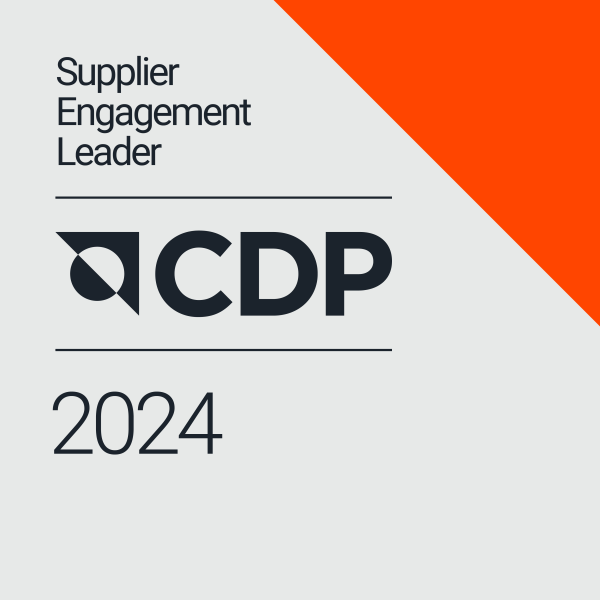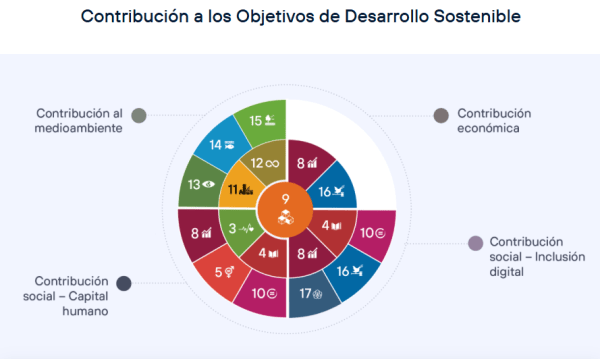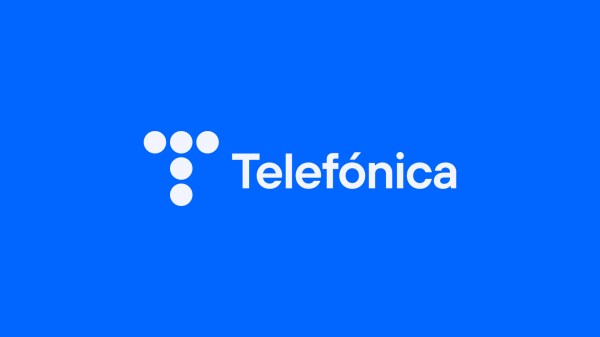Business leaders, regulators and leading NGOs came together at Telefónica O2 UK’s headquarters this week to discuss Digital Confidence. «The confidence and trust of our customers is our lifeblood,» Ronan Dunne, CEO of O2 said, «You don’t have a viable future if you can’t build and maintain consumer trust.»
Not that his company, or anyone, has all the answers. But as a digital communications provider, it knows that sustaining trust and confidence in the digital environment is critical. O2 has long recognised the challenges of child internet safety and has been at the forefront of self-regulation in that area since 2003. {C}
The BBC’s Joe Godwin highlighted the power of strong editorial in helping to deliver child internet safety education.
In 2009 O2 commissioned a children’s story book that has proved popular as an e-safety learning resource in schools:
Dud thinks he’s found a foolproof way of getting rich quick. All he has to do is put his personal details online. What could possibly go wrong? Zip and Mouse aren’t convinced: they want to know, who wants to know?
Now O2 will be distributing ‘Who wnts 2 no?’ as a free e-book.
The UK Information Commissioner Christopher Graham said that public concern about privacy is at an all time high, up there with crime and terrorism. He challenged industry to step up to the task of designing privacy in to new products and services from the start. But he didn’t lay it all at industry’s door: parents, he said, must play their part.
“Please don’t blame parents for allowing them TVs in their bedrooms” the tweets said. Who else can control that? I agree with Christopher Graham that parents cannot escape their responsibilities when it comes to the media, old or new. Resignation to the fact that only your child knows how to programme the video recorder is just about as tired as the video recorder itself. But that doesn’t make parenting in a digital world in any way easier: we need all the help we can get.
In ‘Who wnts 2 no?’ daft Dud’s friend Zip says that he can’t understand why Dud’s parents allow him to keep his computer in his bedroom:
-“Where else is there to keep it? asked Dud.
-“In the family room, where everyone can see what’s going on.”
-“You’re so sad,” replied Dud. “My mum and dad don’t care what I look at.”
Think about the vulnerable children in society and things get more complicated. Sue Minto of NSPCC Childline highlighted the fact that many of the children contacting childline find it hard to find their voice on the phone, and are saved by the fact that they can silently cry out for help in the middle of the night using the computer in their bedroom.
Where there are no parents, perhaps internet filters could help. John Carr of the Children’s Charities Coalition on Internet Safety challenges technology and service providers to make internet filtering work properly. So many amazing applications have been developed and refined to work seamlessly, surely, if they wanted to, the technology giants could fix that one?
I was interested to follow the debate on twitter through the morning. I even tweeted myself when Professor Ian Waldon said that sometimes, technologists take quite a binary view of the law. I’ve seen that a lot. Clearly, many different people, organisations and disciplines have a role to play, which is why I am sure so many people found O2’s pause for thought in an ongoing and very complex dialogue extremely valuable.







